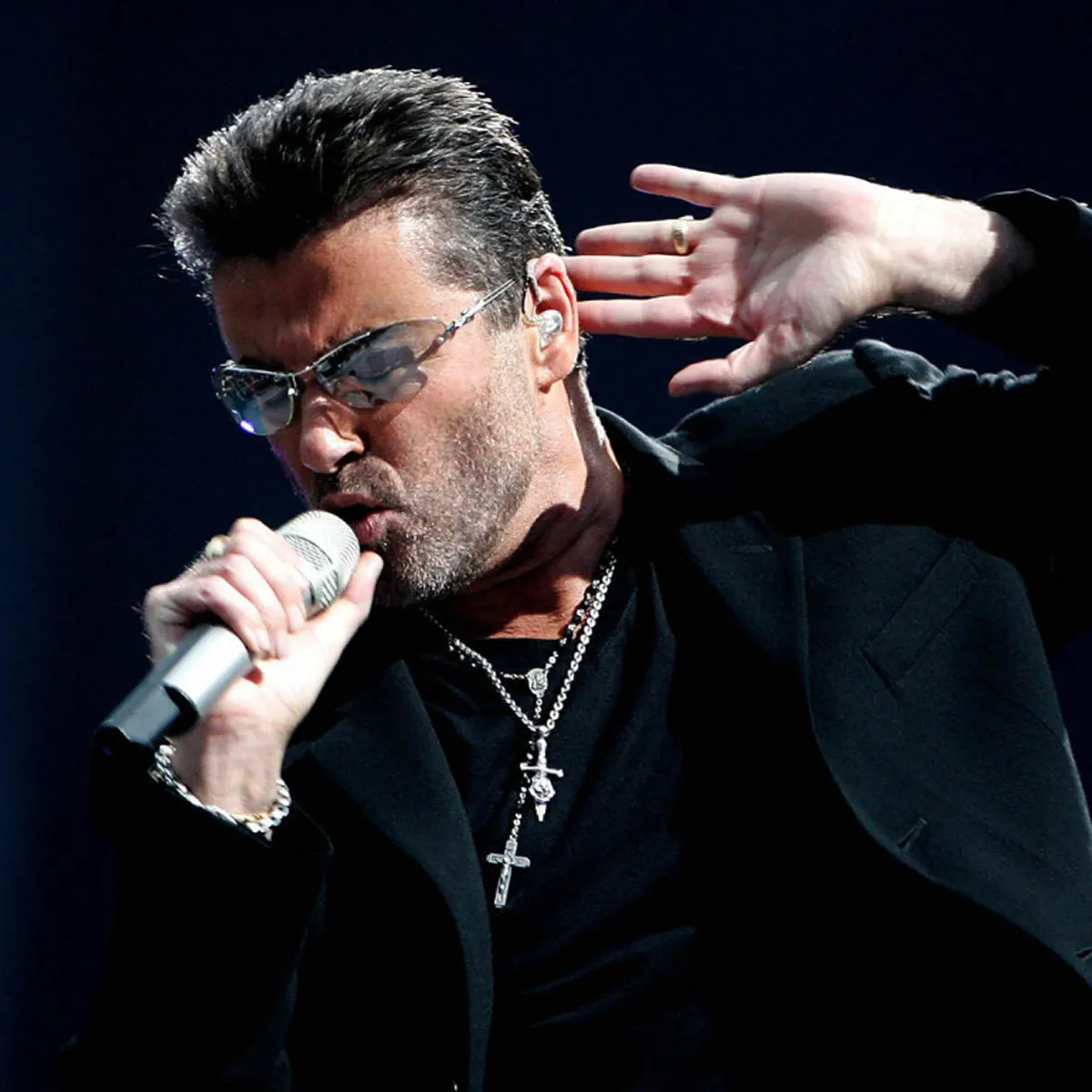5 Legal Changes in 2025 That Affect Musicians
For musicians across the United Kingdom, 2025 is a year of significant change. A series of new and updated laws are shaping how artists earn, perform, collaborate and protect their work. Some of these developments are already in motion, while others are still being finalised, but all of them will have a lasting impact on the business of making music. Understanding them now will help you stay in control of your rights and protect your creative income. Here are the five most important legal changes that every working musician should know about.
1. Reform of Public Performance Rights
The first major change involves public performance royalties and international revenue sharing. Until now, only artists from countries with reciprocal agreements could claim royalties from UK performances. The new reform expands eligibility, meaning that a wider range of international performers can receive royalties when their music is played in public or broadcast across the United Kingdom.
For UK musicians, this change introduces a new level of complexity in collaborative projects. When you work with artists from overseas, your share of performance income could shift depending on how their rights are recognised under the revised system. It is essential that your contracts and split sheets clearly define how earnings will be divided. The reform is intended to create fairness, but it also makes accurate paperwork more important than ever.
2. Copyright and Artificial Intelligence
The second major development concerns copyright law and artificial intelligence. The government has been consulting on proposals that would allow AI developers to use creative material such as music to train their systems unless artists actively opt out. If this goes ahead, it would represent a fundamental change to the balance between creators and technology firms.
For musicians, this means you may have to take deliberate steps to prevent your work from being used without your permission. Contracts and publishing agreements should make your position on AI use explicit. Our team has been helping artists prepare clauses that protect their rights and ensure that moral ownership and consent remain firmly in the hands of the creator. This issue is set to dominate the next phase of copyright reform, and preparation is vital.
3. Streaming Revenue and Contract Reform
A third and closely watched area of change is streaming income. The ongoing campaign for fairer digital royalties is gathering legal momentum. Lawmakers are under pressure to strengthen the rights of artists to challenge unfair contracts and to insist on greater transparency from labels. In 2025, we are likely to see new guidelines or even legislation that give musicians more power to review deals and demand a fairer split of digital revenue.
This change has two implications. New contracts must be written with future reforms in mind, including reversion clauses and the ability to renegotiate as industry standards evolve. Older agreements, signed under outdated models, should be reviewed to see whether they can be updated or replaced. The growing recognition that streaming income should be shared more fairly is one of the most positive developments in recent years, but it only benefits those who take the time to align their contracts with new expectations.
4. Live Performance and Venue Compliance
The fourth change centres on live performance law and the introduction of new public safety requirements for larger venues. These measures, often referred to as Martyn’s Law, are designed to ensure that venues have comprehensive security and counter-terrorism plans in place. While these obligations primarily apply to venue operators, they will also affect touring artists, event managers and production crews.
Contracts for live shows may now include new clauses about compliance, safety responsibilities and insurance. Musicians should be aware of what they are signing and confirm that their duties are clearly defined. Our team has already been working with touring professionals to ensure that these clauses are fair and that artists are not held responsible for obligations that properly belong to the venue. It is a practical but essential update that will shape how live music operates in the UK.
5. Collaboration and Session Musician Agreements
The fifth and final change involves the legal expectations around collaboration and session work. The industry is moving decisively toward written agreements for all contributors, including producers, guest performers, engineers and session musicians. Courts and collecting societies are tightening their approach to disputes by requiring formal evidence of who owns what. Informal or verbal agreements are no longer sufficient to secure ownership or income rights.
For musicians, this means every creative partnership should be underpinned by a clear written agreement that specifies ownership of the master recording, publishing splits, credits and revenue distribution. This protects all parties and avoids future disputes when songs are released, streamed or licensed for film and television. Our team is helping artists put simple yet comprehensive agreements in place that can be used for any collaborative session. They are quick to prepare, legally sound and essential in today’s environment.
Preparing for Change
These five developments are reshaping the music landscape. International royalty reform affects how income is shared. Artificial intelligence is testing the limits of copyright. Streaming reform is redefining how digital income is distributed. Live performance legislation is strengthening safety and compliance. Collaboration law is formalising how creative partnerships are documented. Each of these changes reflects a wider trend toward professionalism and transparency in music.
For artists, the message is simple. Review your contracts, talk to a specialist and keep your paperwork up to date. Make sure your publishing, recording and live agreements reflect these new realities. The musicians who stay informed will be best placed to thrive as the legal environment evolves.
Our team at Music Legal is here to help you navigate all of these changes. We monitor every major development in UK music law and partner artists with the right specialist for their situation. Whether you are signing your first contract, preparing for a tour, or reviewing older agreements, we can ensure your interests are protected and your rights remain firmly in your hands. Reach out to our team today and take confident control of your music career in 2025.
Our services
Commercial Partnerships & Digital Media

The modern music industry extends far beyond records and live shows. Artists increasingly rely on partnerships with brands, merchandising opportunities, synchronisation deals, and digital platforms to grow their careers and generate income. These arrangements can be highly rewarding, but without careful agreements, they can also dilute your rights or undervalue your contribution. At musiclegal.co.uk, we connect you with experienced professionals who understand how to protect your interests while unlocking the potential of commercial partnerships and digital media.
Contracts & Agreements

Every successful music career rests on clear, carefully written agreements. Contracts are not about limiting creativity but about protecting it. Whether you are an emerging artist negotiating your first management deal, a band agreeing how to share income, or a label setting out terms with a producer, written agreements ensure that expectations are understood and disputes are avoided. At musiclegal.co.uk, we connect you with experienced professionals who specialise in the music industry and understand both the business and the artistry. Our goal is to help you secure fair terms so that you can focus on the music.
Debt Recovery

Few things are more frustrating for musicians than not being paid for their work. Whether it is an unpaid gig fee, a delayed royalty payment, or a contract that has been ignored, unpaid income can create financial strain and damage trust. The music industry is fast moving, and chasing money can feel awkward or even risky if you fear losing future opportunities. At musiclegal.co.uk, we connect you with professionals who understand the realities of the industry and who can help recover what you are owed quickly, professionally, and without burning bridges.
Disputes & Conflict Resolution

The music industry is full of collaboration, but wherever there are creative partnerships there is also the potential for conflict. Disputes can arise between band members, between artists and managers, or over unpaid fees and royalties. Left unresolved, these issues can damage relationships and careers. At musiclegal.co.uk, we connect you with professionals who specialise in resolving music industry disputes quickly, fairly, and with as little disruption as possible, so that you can return your focus to the music.
Intellectual Property & Rights Protection
.webp)
Every piece of music begins as an idea, and that idea is intellectual property. Protecting it is the difference between retaining control over your work and watching it slip away. Copyright, performer’s rights, trade marks and brand protection all form part of the framework that allows musicians and businesses to safeguard what they create. At musiclegal.co.uk, we connect you with professionals who understand the music industry’s unique legal landscape, ensuring that your songs, recordings and identity are protected so that your career can grow securely.
Live Music, Touring & Events

The thrill of live performance is at the heart of every music career. From intimate club shows to major festival appearances, the live sector is where artists connect directly with their audience. But behind every performance sits a web of agreements covering payment, cancellations, liability, insurance, and logistics. Without proper documentation, artists risk financial loss, disputes with promoters, or even cancelled shows. At musiclegal.co.uk, we connect you with professionals who ensure that your live music contracts are clear, fair, and built to protect you, so you can take the stage with confidence.
Royalties, Publishing & Revenue Streams
.webp)
Royalties and publishing are the lifeblood of many music careers. They represent the money that flows when your music is played, performed, streamed, sold, or used in film and advertising. Yet the systems that govern royalties are notoriously complex, often leaving musicians underpaid or uncertain about what they are owed. At musiclegal.co.uk, we help you understand how revenue streams work, how to protect your rights, and how to make sure that you receive fair payment for your creative efforts.

.svg)



.webp)
.webp)


